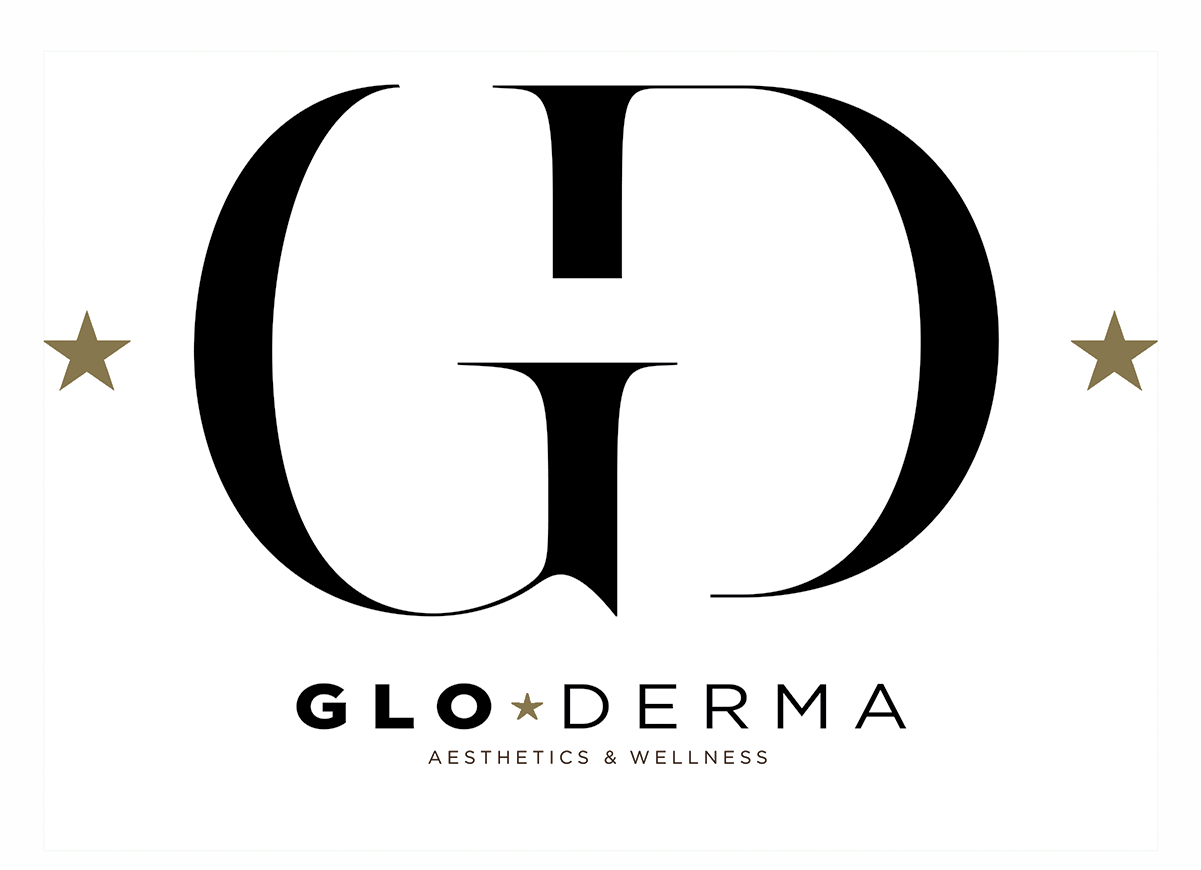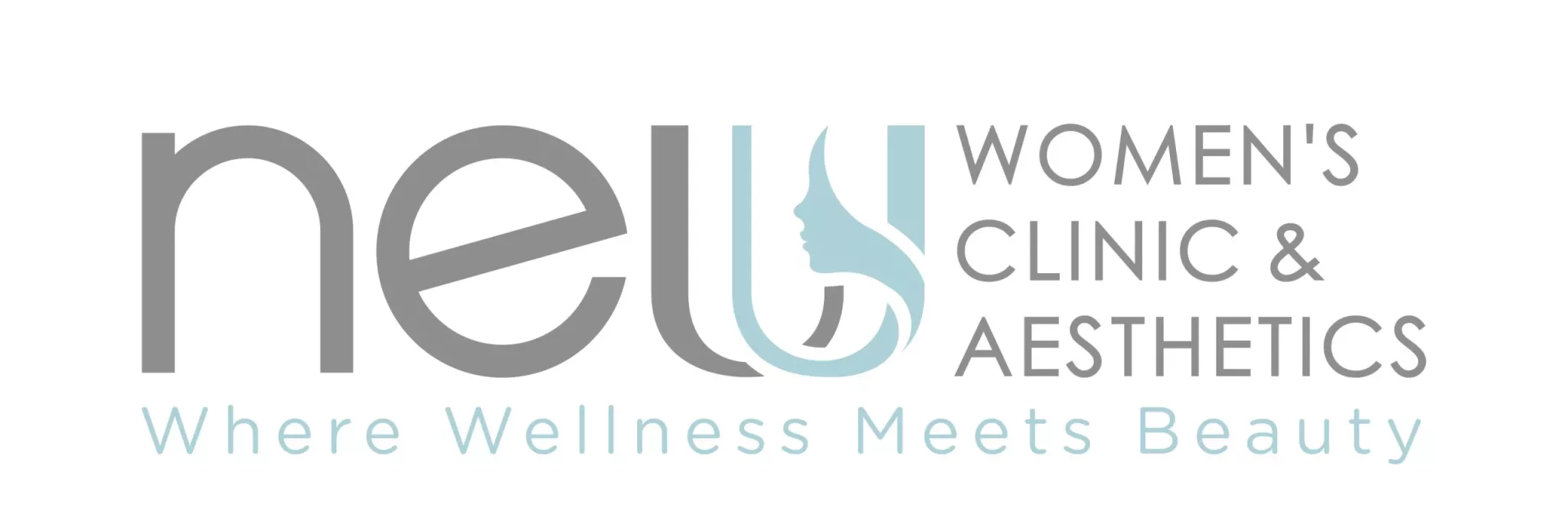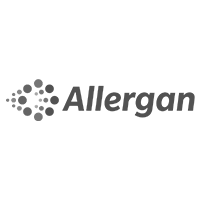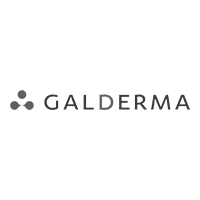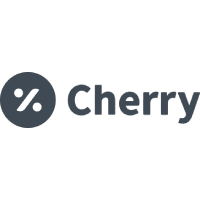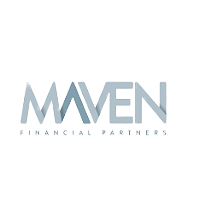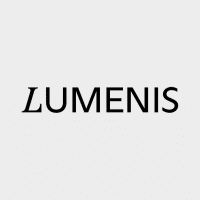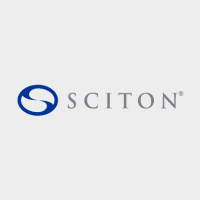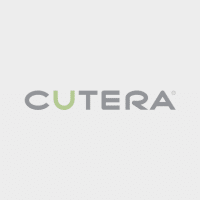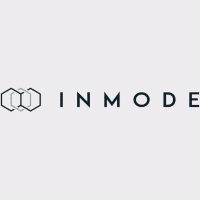
Introduction
Like most dental practices, you have goals for your new patient acquisition and are looking for ways to increase online patient acquisition. You also have a list of reasons you aren’t getting as many new patients as you’d like. The list might include the following:
Word-of-Mouth
The most powerful marketing tool you have at your disposal is word-of-mouth. It’s also the easiest and cheapest to implement.
Start now if you’re not already asking your patients to refer others! If you are and aren’t seeing results, try one of these tactics:
Ask them again. You might just need to remind them how important it is for their friends and family to see you.
Offer something in exchange for a referral (e.g., $10 off their next appointment). This could be a one-time or ongoing deal, depending on the value of what they’re offering. Don’t feel like you need to overdo it here; if your practice thrives on word-of-mouth referrals, then this should be more than enough incentive!
But what if none of these things work? Try using an online review platform like Yelp or Google My Business; this will allow people who’ve been looking into dental care options nearby to find out about yours without being introduced through someone else first — which is how most people find businesses nowadays anyway!
Targeted Facebook Ads
Facebook ads are a great way to attract potential new patients. And, when it comes to Facebook ads, targeting is key. A targeted ad campaign allows you to target a demographic or interest group you feel is most likely to be interested in what you have to offer.
When creating an ad for dental care, it’s important that you target people who live near you—or at least within driving distance of where you’re located—but also that they fit some other criteria:
They are likely to need dental care in the future (i.e., they should be age 35+)
They should be interested in getting dental care and learning more about what options are available (i.e., they should have been searching for “dentist” or other related terms)
They should be interested in the services offered by your practice (i.e., crowns, implants)
SEO (Search Engine Optimization)
In search engine results, SEO (Search Engine Optimization) improves the visibility of a website or a web page. SEO involves optimizing a web page’s content, technical setup, and backlinks to help search engines determine its relevance to specific search terms.
A Welcoming Website
A website is an important part of your business and should be able to provide answers to all of the following questions:
How can I contact you?
This is a key question that potential patients will have. You need to make it easy for them by including your phone number, email address, and social media handles right up top.
What services do you offer?
Don’t just list off services without explaining what they are or how they work; this will confuse visitors who come to your site looking for information but are not necessarily ready to book an appointment yet (and who may have different needs depending on their condition). Instead, include clear descriptions of each service, so visitors know what they’re getting before calling or scheduling an in-person appointment.
How much does it cost?
This is another question many people will ask when looking at different dental practices—and one that can help increase conversion rates if answered well! Make sure there’s a clear price list on every page with prices clearly stated next to each service listed. Your prices should be competitive with other practices in town, so people aren’t turned off by higher costs than expected. Consider offering special discounts through coupons or ongoing promotions during slow seasons like summertime when fewer kids are out of school. However, parents still want their children’s teeth cleaned regularly anyway.
Conclusion
There are many ways to attract new dental patients to your practice, but these are just a few. Your practice may require you to try different strategies until you find one that works for you.





